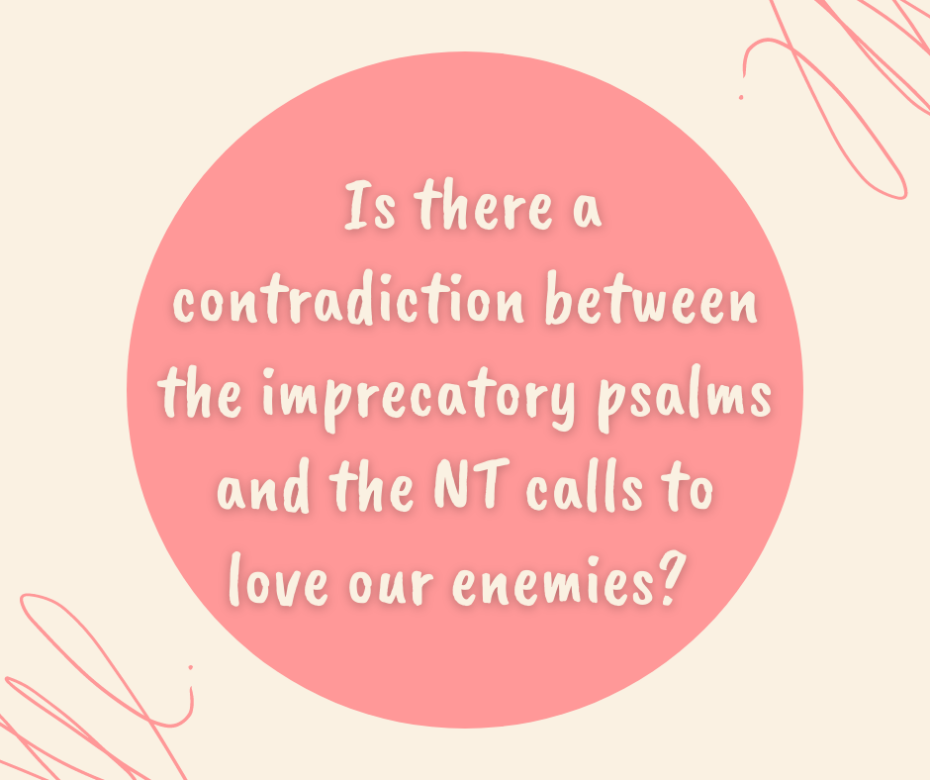I recently received the following question via email:
How would you fit David’s request in Psalm 69:28 with Free Grace theology and ultimately with several NT passages about “blessing those who curse you” (Luke 6:28; Rom 12:14)?Psalm 69:28 says, “May they be blotted out of the book of life And may they not be recorded with the righteous” (NASB).
Perhaps the NT passages regarding “blessing those who curse you” are not particularly relevant in this specific OT case. But it is not as though King David had necessarily deserved everlasting life more than his enemies—though he may have sinned less. So, it doesn’t seem right that David would say such a thing, and it doesn’t seem to make sense with regards to eternal security. What’s your take?
First, I’m most interested in the reader’s suggestion that David was asking God to send his enemies to hell: “It is not as though King David had necessarily deserved everlasting life more than his enemies.”
The reader misunderstands the meaning of “the book of life” in Ps 69:28. David is referring to the book of those who are physically alive. Compare Ex 32:32 (“Blot me [not all the rest of the people of Israel] out of Your book…”).
Many translations of Ps 69:28 do not put the book of life, but instead “the book of the living” (KJV, NKJV, LEB, MEV, NET, RSV, NRSV, WYC). Book of the living is a better translation since the book of life is an expression that occurs in the NT to refer to those who have everlasting life. To avoid confusing the English reader, the book of the living is a preferable translation.
The NET has this note regarding the book of the living: “The phrase the scroll of the living occurs only here in the OT. It pictures a scroll or census list containing the names of the citizens of a community. When an individual died, that person’s name was removed from the list. So, this curse is a very vivid way of asking that the enemies die.”
Second, why is David asking for the death of his enemies when the NT tells us to bless those who curse us?
I found a good article by Jason Jackson that asks, “Do the Imprecatory Psalms and Christian Ethics Clash?” (see here). Jackson cites Walt Kaiser as pointing out that David was not speaking of his personal enemies, but the enemies of God. We know that in the NT there is a sin unto death, and God sometimes ends the lives of people, even believers, prematurely. The same was true in the OT.
Jackson went on to say that we must take care not to condone sin and not to oppose justice. At times it is God’s will to take the lives of people.
There is no conflict between the imprecatory psalms and the NT ethic of loving one’s enemies.


